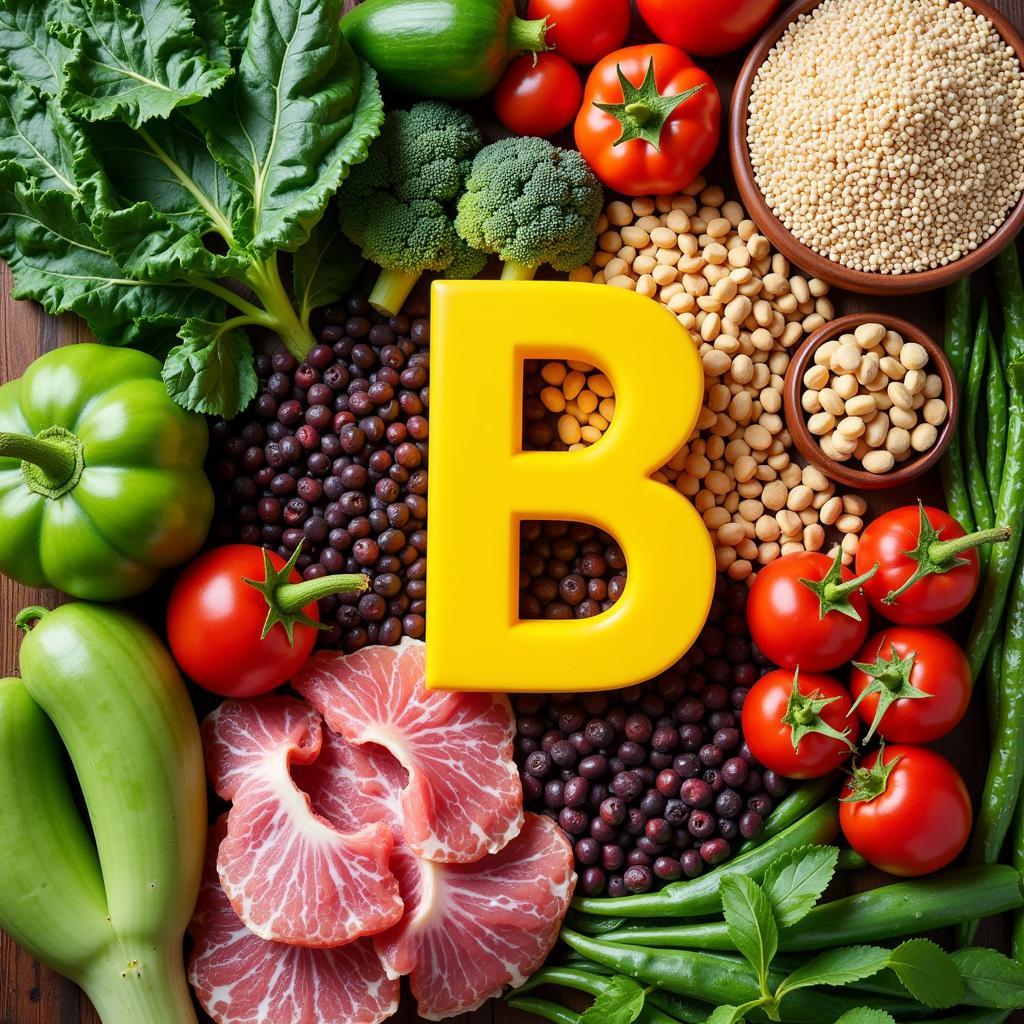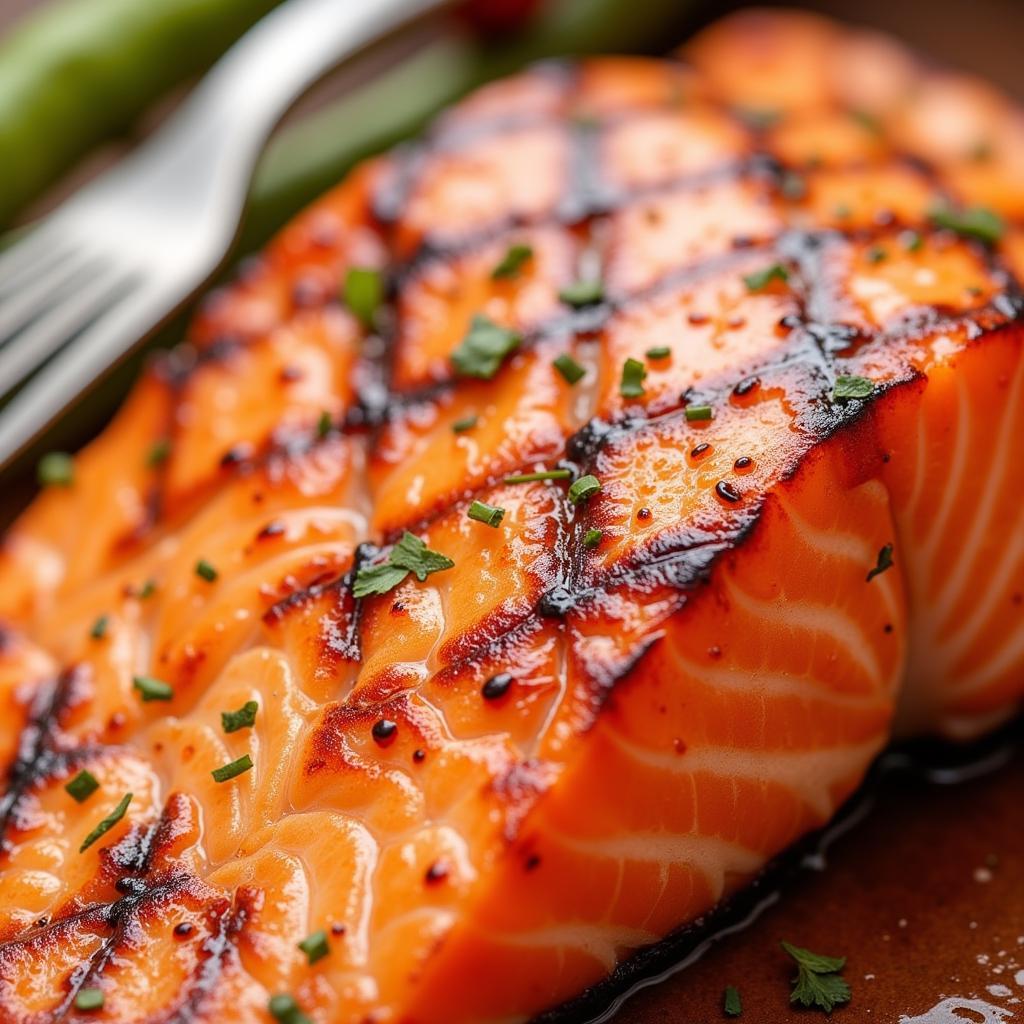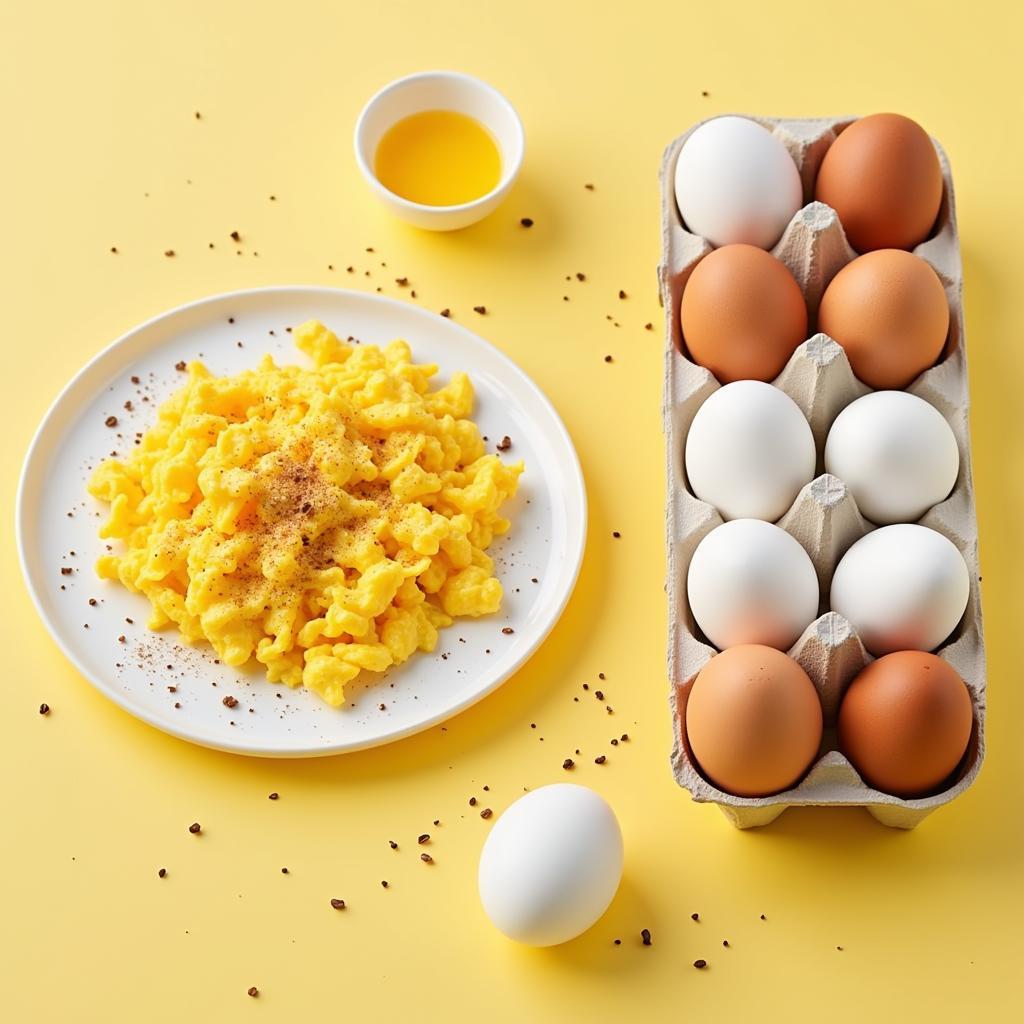B vitamins are essential for maintaining good health and well-being. They play a crucial role in converting food into energy, supporting cell health, and promoting healthy brain function. While B vitamins are found in various foods, getting them from natural sources offers optimal absorption and utilization by the body. In this article, we’ll explore the benefits of obtaining your B complex vitamins through a healthy diet and provide a comprehensive guide to the best food sources available.
Understanding the Power of Food-Based B Complex
Unlike synthetic B vitamins found in supplements, food-based sources provide a natural complex of vitamins, minerals, and phytonutrients that work synergistically to enhance absorption and effectiveness. When you consume B vitamins from whole foods, your body receives a balanced and complete package of nutrients that contribute to overall health and vitality.
 Food sources rich in B complex vitamins
Food sources rich in B complex vitamins
Top Food Sources for Each B Vitamin
Here’s a closer look at the best food sources for each B vitamin:
B1 (Thiamin)
- Pork: This lean meat is a top source of thiamin, providing energy production and nerve function.
- Sunflower Seeds: These crunchy seeds are packed with thiamin and other essential nutrients like vitamin E and selenium.
- Whole Grains: Opt for whole-grain bread, cereals, and brown rice to boost your thiamin intake.
B2 (Riboflavin)
- Milk: A glass of milk provides a significant amount of riboflavin, essential for healthy skin, vision, and red blood cell production.
- Mushrooms: These versatile fungi are surprisingly rich in riboflavin and offer various health benefits.
- Eggs: Incorporating eggs into your diet is an excellent way to obtain riboflavin and other essential nutrients like choline and protein.
B3 (Niacin)
- Chicken Breast: This lean protein source is rich in niacin, supporting energy metabolism and DNA repair.
- Tuna: This oily fish is an excellent source of niacin and omega-3 fatty acids, crucial for heart and brain health.
- Peanuts: Enjoy peanuts in moderation as a snack or ingredient to boost your niacin levels.
 Salmon fillet rich in niacin
Salmon fillet rich in niacin
B5 (Pantothenic Acid)
- Avocado: This creamy fruit is a good source of pantothenic acid, crucial for hormone production and healthy skin.
- Sweet Potatoes: Enjoy baked, roasted, or mashed sweet potatoes to benefit from their pantothenic acid content.
- Mushrooms: These versatile fungi provide various B vitamins, including pantothenic acid, making them a valuable addition to a balanced diet.
B6 (Pyridoxine)
- Chickpeas: These legumes are rich in pyridoxine, essential for brain development and function.
- Salmon: This fatty fish not only provides omega-3s but also offers a good amount of pyridoxine.
- Bananas: This convenient and portable fruit is a good source of pyridoxine and other essential nutrients like potassium.
B7 (Biotin)
- Eggs: The yolk, in particular, is rich in biotin, essential for healthy hair, skin, and nails.
- Salmon: This nutrient-dense fish provides a good amount of biotin, making it a heart-healthy and beauty-boosting choice.
- Sweet Potatoes: Enjoy this versatile root vegetable to increase your biotin intake and benefit from its other vitamins and minerals.
 Eggs as a source of biotin
Eggs as a source of biotin
B9 (Folate)
- Leafy Green Vegetables: Spinach, kale, and collard greens are excellent sources of folate, crucial for cell growth and development.
- Legumes: Lentils, chickpeas, and black beans are packed with folate and provide a good source of plant-based protein.
- Citrus Fruits: Oranges, grapefruits, and lemons are not only rich in vitamin C but also provide a good amount of folate.
B12 (Cobalamin)
- Meat: Beef, poultry, and pork are excellent sources of vitamin B12, essential for nerve function and red blood cell formation.
- Fish: Salmon, tuna, and shellfish are rich in B12 and offer various other health benefits.
- Eggs: Incorporate eggs into your diet to boost your B12 intake and benefit from their protein and choline content.
Incorporating Food-Based B Complex into Your Diet
- Prioritize whole, unprocessed foods: Choose whole grains, lean proteins, fruits, vegetables, and healthy fats over processed foods stripped of their nutritional value.
- Enjoy a variety of colorful foods: Each color represents different phytonutrients and vitamins, so ensure your plate is vibrant and diverse.
- Cook at home more often: This allows you to control the ingredients and cooking methods, ensuring you’re maximizing nutrient content.
- Don’t be afraid to experiment: Try new recipes and explore different cuisines to discover delicious ways to incorporate B-complex-rich foods into your diet.
Conclusion
Prioritizing food-based B complex sources is a fundamental aspect of maintaining optimal health and well-being. By incorporating a variety of nutrient-rich foods into your diet, you can support your body’s energy production, cell health, brain function, and overall vitality. Remember to consult with a healthcare professional or registered dietitian to determine your specific nutritional needs and create a personalized eating plan that aligns with your health goals.
FAQ
1. What are the signs of a B vitamin deficiency?
Symptoms of B vitamin deficiency can vary depending on the specific vitamin lacking. However, common signs include fatigue, weakness, pale skin, shortness of breath, dizziness, tingling or numbness in hands and feet, and cognitive problems like poor memory or concentration.
2. Can I get enough B vitamins on a vegetarian or vegan diet?
Yes, it’s possible to obtain sufficient B vitamins on a vegetarian or vegan diet by incorporating a variety of plant-based sources like leafy green vegetables, legumes, whole grains, nuts, and fortified foods. However, it’s crucial to pay attention to vitamin B12, as it’s primarily found in animal products. Consider incorporating B12-fortified foods or a supplement after consulting with a healthcare professional.
3. Are there any risks associated with consuming high amounts of B vitamins?
While B vitamins are generally safe, consuming excessive amounts from supplements can potentially lead to adverse effects. It’s always best to consult with a healthcare professional to determine the appropriate dosage for your needs.
4. Can food-based B complex improve my mood?
Certain B vitamins, like B6, B9 (folate), and B12, play a role in regulating neurotransmitters involved in mood regulation. While consuming B-complex-rich foods alone may not cure mood disorders, maintaining adequate levels of these vitamins through a healthy diet can contribute to overall mental well-being.
5. How can I learn more about creating a balanced diet rich in food-based B complex?
For personalized guidance on creating a balanced diet that meets your individual needs, consider consulting with a registered dietitian or qualified nutrition professional. They can provide expert advice and support to help you make informed choices about your food intake.
For further information on maintaining a healthy diet and lifestyle, you can explore these related articles on our website:
- Arturo’s Mexican Food Menu: Discover delicious and nutritious Mexican food options packed with essential vitamins and minerals.
- Food Pantry New Bedford MA: Learn about valuable resources available in your community to access affordable and nutritious food options.
- Optimum Cat Food: Ensure your feline companion receives optimal nutrition with our guide to choosing the best cat food.
Need personalized support for your health journey? Contact us at Phone Number: 02437655121, Email: minacones@gmail.com. You can also visit us at 3PGH+8R9, ĐT70A, thôn Trung, Bắc Từ Liêm, Hà Nội, Việt Nam. Our dedicated customer support team is available 24/7 to assist you.